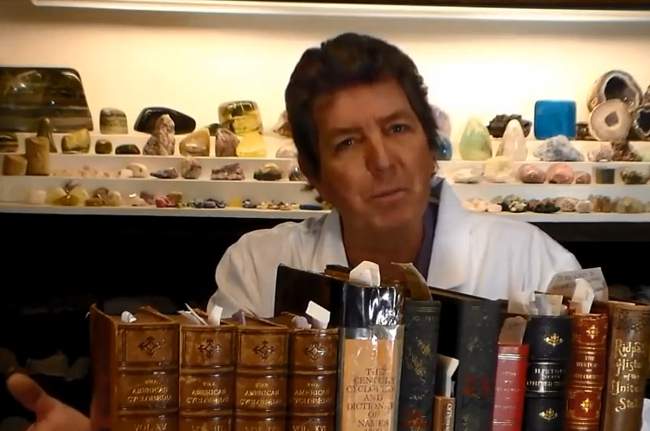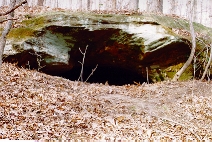

Today we get a different perspective on the origin of Thanksgiving Day by referencing early texts and reference books gathered from the library of returning guest Harry Hubbard. His video on youtube titled In Search of Thanksgiving uncovers an anomaly in the historic record regarding the publishing of original manuscripts describing the events of the 1600s at the Massachusetts Bay Colony. Strangely, the original writings of William Bradford, John Winthrop, Edward Winslow and others have been consistently published a century or so later from the hand written manuscript. In addition, as pointed out by many scholars, the official record of history depicting the life of early settlers in the 1600s has been dramatically revised in later accounts. Harry Hubbard describes multiple cases of stolen or missing original manuscripts that suddenly turn up hundreds of years later. We explore some ideas of what may have happened to recorded history in the 18th century.
Today Thanksgiving is described as being celebrated on the fourth Thursday in November by federal legislation in 1941. It has been an annual tradition in the United States by presidential proclamation since 1863 and by state legislation since the Founding Fathers of the United States. Historically, Thanksgiving has traditionally been a celebration of the blessings of the year, including the harvest. What Americans call the “Holiday Season” generally begins with Thanksgiving. There are a list of other countries that recognize their own Thanksgiving including The Netherlands, Canada, Saint Lucia, Grenada, Australia and the UK
Our guest, Harry Hubbard is a researcher and collector of rare books, maps and artifacts. We spoke with him in previous interviews about the ancient Egyptian repository in the southern Illinois caves and also on the many maps depicting Atlantis, and the Bargos Islands at the North Pole.
We look today at how the word “thanksgiving” is referenced in various historic texts and the strange conflicting accounts in revised editions of original manuscripts that were later released much later.
We hear part of a speech by Ray Fadden, a teacher and influential figure among the Mohawks of Akwesasne. He passed away in November 2008, at the age of 98. In 1930, Ray Fadden, became one of the first teachers at the St. Regis Mohawk School in Hogansburg. Ray grew up in the Adirondack Mountains. He was part Mohawk and spent many years learning all he could about the Mohawk culture and history both from books and from elders he met throughout the Iroquois Confederacy.
